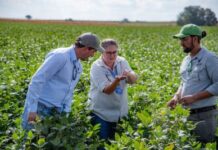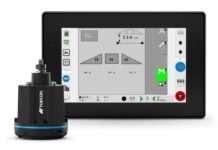Long before COVID or Ebola or monkeypox, there was HIV and its attendant disease, AIDS. Its ravaging impact, especially in low-income countries, has largely been forgotten in the US. But it still impacts large numbers of people, leaving entire communities behind as countries seek to spur economic development and reduce poverty.
The good news: There are successful community-based HIV testing and treatment programs that enable individuals and communities to manage infection and experience normal life—including work and all its benefits.
These programs in Kenya, Uganda and Tanzania are funded through the President’s Emergency Plan for AIDS Relief (PEPFAR) and run by US-based development organization World Neighbors .
The centerpiece of the programs, carried out with local community groups, is voluntary counseling and testing (VCT). World Neighbors and community groups set up VCT clinics in villages. Volunteers known in the community help educate neighbors on HIV/AIDS and encourage people to get tested. If positive, people are encouraged to receive medication. Clinic volunteers help monitor usage and educate infected persons on healthy living techniques.
Perhaps most important, clinics help those with HIV organize themselves into groups that hold regular meetings where they discuss a variety of issues such as healthy and positive living, nutrition and drug management. These groups also act as support groups for psychological and moral support.
As a result of these programs, those with HIV are able to work and otherwise participate in community life. Entire communities that could have been reduced to permanent poverty are engaged in profitable agricultural and small business activities. These HIV/AIDS programs are a model for how to address illnesses that impede economic development.








